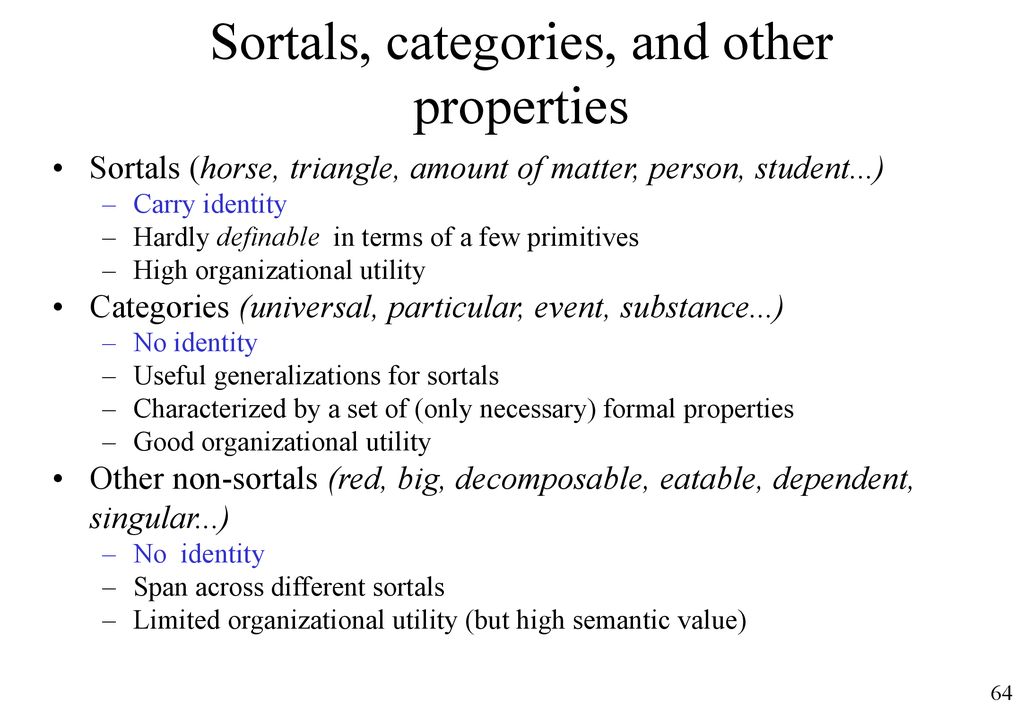If you like reading about philosophy, here’s a free, weekly newsletter with articles just like this one: Send it to me!
This is the second part of a series on Hesse’s Glass Bead Game. Find the previous part right here:

Would a Society of Intellectuals Be a Better Place?
Hermann Hesse’s ‘The Glass Bead Game’ may be his greatest novel. It combines a theory of history and education with Zen, and meditations on friendship and duty.
Castalia, the province of the mind
In the previous part in this series, we talked about Hermann Hesse’s book The Glass Bead Game and how clearly Hesse, in the early 1940s (the book was written from 1931-1943) already foresaw the shallowness and the problems of today’s Internet culture.
Surrounded by war, death and destruction, Hesse created a serene vision of a world that was as much removed of his own as possible: a vision for a province of the mind, a place that would not include politicians, money, commerce, weapons, violence and war. A place that would not even allow for strong emotions, for imagination, or for dreams. A society that would be built upon cool rationality, upon care and devotion to detail, upon monkish discipline, upon the ideal of serving, obedience and ascetic self-denial. A society of men, naturally, for the same reason that monasteries are gender-segregated places. If one wants to keep emotions at bay and a society in controlled order, it is better to keep the hormones out of it. Whether this can work is, of course, a valid question. Throughout the Glass Bead Game the topic is raised and discussed a few times, leading the main character at the end to question the legitimacy of the whole project.
Still, for most of the book’s 750 pages, the province of the mind, Castalia, is portrayed as a utopia, a place of eternal peace, a community of purpose and meaning, the very foundation upon the which “the world outside” (ours) relies for its existence.
By the way, I just noticed that the English edition on Amazon is advertised at having 250 pages, which cannot be true. The German original I’m holding in my hand right now (Suhrkamp hardcover, 1962) has 750 pages. I don’t know if the English version was shortened or perhaps Amazon calculated the pages wrongly. Anyway, if you want to buy the book, make sure you get the full, unabridged work. Much of the fascination that this book evokes is due to the detailed descriptions of Castalia and the Glass Bead Game, and cutting these down would take away most of the enjoyment of reading it.
And perhaps one more thing: looking at Amazon I noticed that in the comments many readers complain about the book:
Though excellent in compilation, The Glass Bead Game is a book that …
Read the full article which is published on Daily Philosophy (external link)






